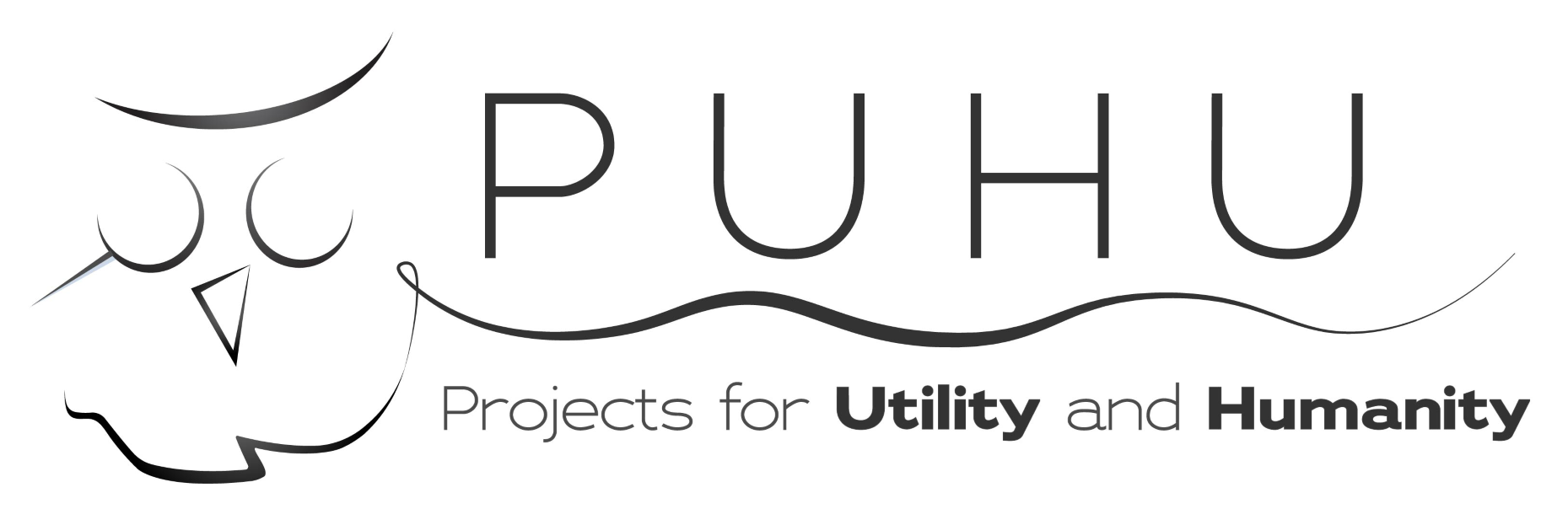Culture is a concept that is borrowed and adapted to quite a few fields. Organizational culture, company culture, urban culture, underground culture, and so on… Defining these particular concepts may be viewed as the simple phase of dealing with the phenomena since the main task is approved to be developing strategies. However, defining and tracking the origins of the concepts and especially the components of the concepts is crucial for sustainable strategies.
Therefore, the concept of culture should be defined in the first place. For sure this very first task is not for a textual achievement. It is for establishing the base for strategies. Concerning the institutional form, culture is defined as
the set of shared attitudes, values, goals, and practices that characterizes an institution or organization. 1
In consideration of this definition, we may tend to assume that they are, however organizations are not superorganic structures. They are not independent of the individual members of them. What is said to be shared is (if so) shared by actual people. These actual people may have particular attitudes, values, goals, and practices. They may be docile as well as challenging. Besides, these actual people may be temporary cultivators for the organizations. That is why a top-down model should be at stake.
The other implication of the definition is the disposition to believe that culture is monolithic and fixed. Is it? In a changing world, surrounded by a challenging and manipulating environment, with circulating actual individual members, can it be? Culture changes. Culture adapts. However, adaptation should not be a temporary strategy, it should be a feature of the structure. Ultimately, the organizations should listen to their people to understand and establish a grounded but adaptive culture.
